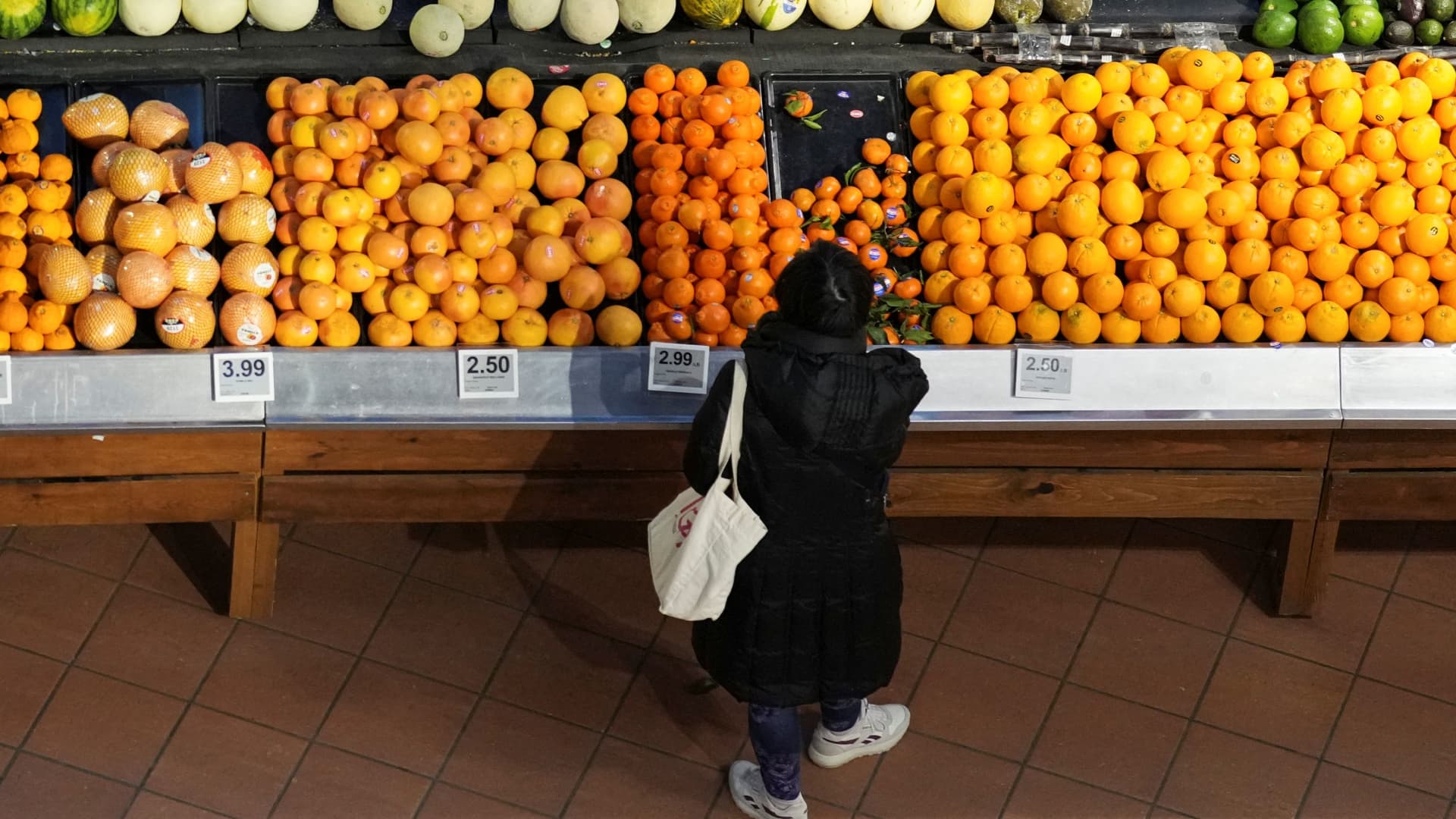Wholesale prices remained unchanged in February, offering some relief regarding inflation amidst tariff concerns, according to the Bureau of Labor Statistics report on Thursday.
The producer price index, a leading indicator for pipeline inflation pressures, showed no gain for the month after increasing an upwardly revised 0.6% in January, seasonally adjusted figures indicated. Economists surveyed by Dow Jones had anticipated a 0.3% increase.
Excluding food and energy, core PPI decreased 0.1%, contrary to the estimated 0.3% increase. Core prices excluding trade services increased by 0.2%.
Stock market futures reduced losses following the report while Treasury yields stayed higher.
The report follows the BLS announcement that the consumer price index rose 0.2% for February, setting the headline inflation rate at 2.8%, a slight decrease from January and encouraging news as markets worry about the impact of President Trump’s tariffs on costs.
While CPI measures what consumers pay for goods and services, PPI gauges final demand prices producers receive for their products.
A 0.2% drop in services prices balanced a 0.3% increase in goods. Two-thirds of the goods increase was due to a 53.6% surge in chicken egg prices, the BLS stated. Egg prices have risen partly because of avian flu affecting supplies, though there is some evidence prices eased in March as outbreaks slowed.
On the services side, over 40% of the decline came from a 1.4% decrease in margins for machinery and vehicle wholesaling.
— news from CNBC
